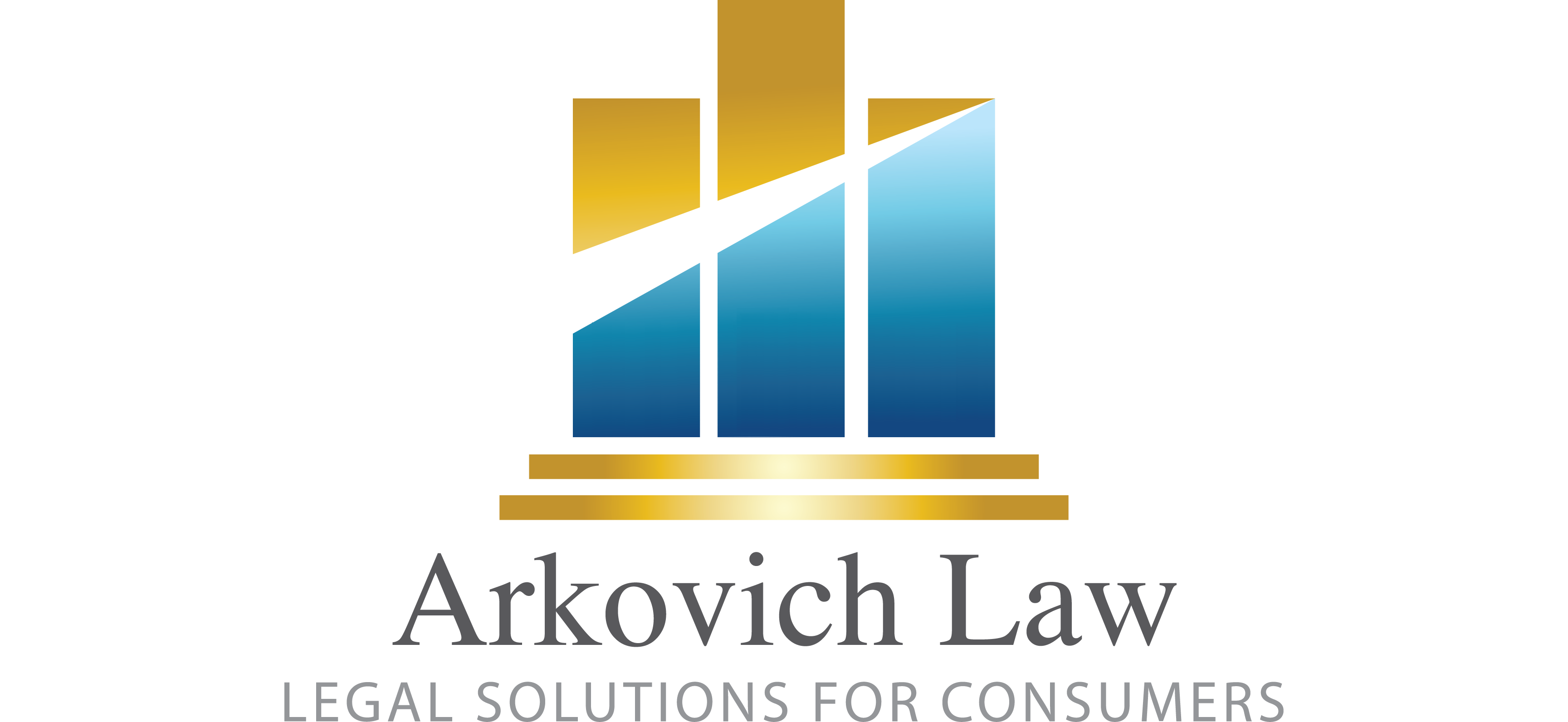 “It is now time”, states Judge Klein who is charting a path for discharging student loans without being reversed. For years, bankruptcy judges were wary of ruling in favor of debtors who asked for a discharge of federal student loan debt. In part, because those Judges knew their rulings would be appealed by either the Department of Education, or ECMC (guarantor litigator for the older FFEL loans). Now it’s different.
“It is now time”, states Judge Klein who is charting a path for discharging student loans without being reversed. For years, bankruptcy judges were wary of ruling in favor of debtors who asked for a discharge of federal student loan debt. In part, because those Judges knew their rulings would be appealed by either the Department of Education, or ECMC (guarantor litigator for the older FFEL loans). Now it’s different.
In an opinion just out on April 5 (Love v U.S. Dep’t of Education, Fedloan Servicing, Nelnet; Adv. 21-02045-C), Judge Klein decried the “widespread belief that student loans are virtually impossible to discharge in bankruptcy.” Now there is an attestation process, whereby a debtor can use factors like:
- School closure
 Reboot Your Life: Tampa Student Loan and Bankruptcy Attorney Blog
Reboot Your Life: Tampa Student Loan and Bankruptcy Attorney Blog


